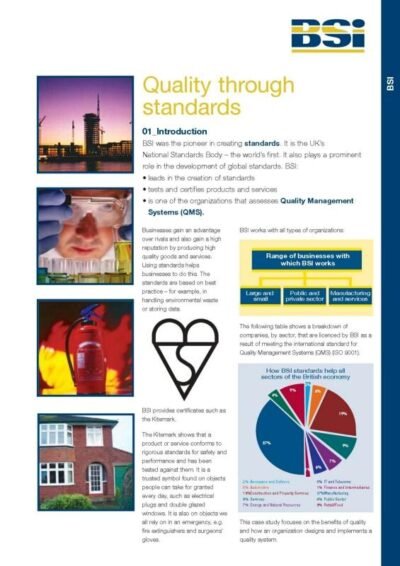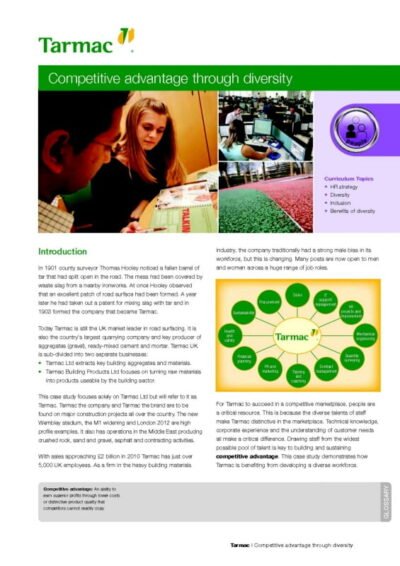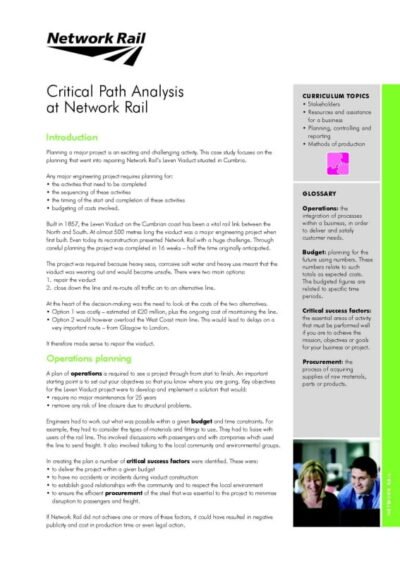Referral marketing is a powerful strategy that leverages the influence of existing customers to attract new ones. This approach is rooted in the idea that people are more likely to trust recommendations from friends, family, or colleagues than traditional advertising. In an age where consumers are inundated with marketing messages, referral marketing stands out as a more authentic and credible method of promotion.
It taps into the social networks of satisfied customers, encouraging them to share their positive experiences with others, thereby creating a ripple effect that can significantly enhance a brand’s reach and reputation. The concept of referral marketing is not new; it has been around for centuries in various forms. However, the rise of digital platforms and social media has transformed how referrals are made and tracked.
Today, businesses can harness technology to create structured referral programs that incentivise customers to spread the word about their products or services. This evolution has made referral marketing not only more accessible but also more effective, allowing companies to cultivate a loyal customer base while simultaneously expanding their market presence.
Summary
- Referral marketing is a powerful strategy for businesses to acquire new customers through word-of-mouth recommendations from existing customers.
- The benefits of referral marketing include cost-effectiveness, higher conversion rates, and increased customer loyalty.
- Referral marketing works by incentivising existing customers to refer their friends and family to the business, often through rewards or discounts.
- Types of referral marketing programs include affiliate programs, loyalty programs, and influencer partnerships.
- Successful referral marketing campaigns include Dropbox’s referral program and Airbnb’s “Give , Get ” offer.
The Benefits of Referral Marketing
One of the most compelling advantages of referral marketing is its cost-effectiveness. Compared to traditional advertising methods, which often require substantial financial investment, referral marketing relies on the goodwill of existing customers. This means that businesses can achieve significant growth without incurring high marketing costs.
Additionally, referred customers tend to have a higher lifetime value than those acquired through other channels. They are often more loyal and engaged, as they come with a built-in level of trust established by the referrer. Another notable benefit is the speed at which referral marketing can generate results.
When customers share their positive experiences, it can lead to immediate interest from potential new clients. This rapid word-of-mouth effect can create a surge in inquiries and sales, particularly if the referral is made through social media or other digital platforms where information spreads quickly. Furthermore, referral marketing fosters a sense of community among customers, as they feel they are part of a network that values their opinions and experiences.
This sense of belonging can enhance customer loyalty and encourage repeat business.
How Referral Marketing Works

At its core, referral marketing operates on a simple premise: satisfied customers are encouraged to share their positive experiences with others in exchange for rewards or incentives. This can take many forms, from discounts and freebies to cash bonuses or exclusive access to products and services. The key is to create a compelling offer that motivates customers to refer their friends and family.
Businesses often implement tracking systems to monitor referrals and ensure that rewards are distributed fairly and promptly. The process typically begins with a customer who has had a positive experience with a brand. This customer is then prompted to share their experience with others, either through direct communication or via social media platforms.
When a referred individual makes a purchase or engages with the brand, the original customer receives their reward. This creates a cycle of engagement where both the referrer and the new customer benefit from the interaction. The effectiveness of this model lies in its ability to create a win-win situation for all parties involved.
Types of Referral Marketing Programs
There are several types of referral marketing programs that businesses can implement, each tailored to different goals and customer behaviours. One common approach is the “refer-a-friend” programme, where existing customers are incentivised to refer new clients in exchange for rewards. This model is particularly effective for businesses with a strong customer base, as it encourages satisfied clients to actively promote the brand.
Another popular type is the affiliate programme, which allows individuals or influencers to earn commissions for driving sales through their unique referral links. This approach is often used by e-commerce businesses and can significantly expand a brand’s reach by tapping into the networks of affiliates who have established credibility within specific niches. Additionally, some companies opt for loyalty programmes that incorporate referral elements, rewarding customers not only for repeat purchases but also for bringing in new clients.
Examples of Successful Referral Marketing Campaigns
Several brands have successfully harnessed the power of referral marketing to achieve remarkable growth. One notable example is Dropbox, which implemented a referral programme that offered additional storage space to both the referrer and the referred user. This strategy not only incentivised existing users to share the platform with their friends but also provided new users with an immediate benefit upon signing up.
As a result, Dropbox experienced exponential growth, increasing its user base from 100,000 to over 4 million in just 15 months. Another exemplary case is Airbnb, which utilised referral marketing to expand its reach in the competitive travel industry. The company offered both hosts and guests travel credits for successful referrals, creating a mutually beneficial scenario that encouraged users to promote the platform actively.
This approach not only helped Airbnb grow its user base but also fostered a sense of community among its users, as they were incentivised to share their unique travel experiences with others.
Tips for Implementing a Referral Marketing Strategy

To successfully implement a referral marketing strategy, businesses should start by clearly defining their goals and target audience. Understanding who the ideal referrer is and what motivates them will help tailor the programme effectively. Additionally, creating an easy-to-use referral process is crucial; customers should be able to refer others with minimal effort, whether through sharing links on social media or sending personalised invitations via email.
Incentives play a pivotal role in encouraging referrals, so it’s essential to offer rewards that resonate with your audience. Conducting surveys or gathering feedback can provide insights into what types of incentives would be most appealing. Furthermore, promoting the referral programme through various channels—such as email newsletters, social media posts, and website banners—can increase visibility and participation rates.
Regularly communicating with participants about their referrals and rewards can also enhance engagement and encourage ongoing participation.
Measuring the Success of Referral Marketing
Measuring the success of a referral marketing programme involves tracking several key performance indicators (KPIs). One important metric is the conversion rate of referred customers compared to those acquired through other channels. This helps determine how effective the referrals are in driving sales and whether they result in higher customer lifetime value.
Additionally, monitoring the number of referrals generated over time can provide insights into the programme’s overall effectiveness and areas for improvement. Customer feedback is another valuable tool for assessing the success of referral marketing efforts. Gathering testimonials from both referrers and referred customers can highlight what aspects of the programme resonate well and what may need adjustment.
Analysing customer behaviour post-referral—such as repeat purchase rates and engagement levels—can also provide insights into how well the programme fosters long-term loyalty among new customers.
The Future of Referral Marketing
As businesses continue to navigate an increasingly competitive landscape, referral marketing is poised to play an even more significant role in customer acquisition strategies. The growing emphasis on authenticity and trust in consumer behaviour suggests that recommendations from peers will remain highly influential in purchasing decisions. With advancements in technology enabling more sophisticated tracking and management of referral programmes, companies can expect greater efficiency and effectiveness in their efforts.
Moreover, as social media platforms evolve and new channels emerge for communication, businesses will have more opportunities to engage customers in referral marketing initiatives. The integration of gamification elements into referral programmes could further enhance participation rates by making the process more engaging and enjoyable for users. As brands continue to innovate in this space, it is clear that referral marketing will remain a vital component of successful marketing strategies for years to come.
Referral marketing is a powerful tool for businesses looking to expand their customer base. It involves leveraging existing customers to recommend products or services to their friends and family. This form of word-of-mouth marketing can be incredibly effective in generating new leads and increasing sales. For more insights on the importance of documentation for businesses, check out this article. Proper documentation is crucial for maintaining transparency and accountability within an organisation, ensuring smooth operations and compliance with regulations.
FAQs
What is referral marketing?
Referral marketing is a strategy used by businesses to encourage their existing customers to refer new customers to their products or services. This is often done through incentives such as discounts, rewards, or other benefits for both the referrer and the new customer.
How does referral marketing work?
Referral marketing works by leveraging the existing customer base to promote the business to their friends, family, and colleagues. This can be done through word-of-mouth, social media, or other channels, and is often facilitated by a referral program or system.
What are the benefits of referral marketing?
Referral marketing can be a cost-effective way to acquire new customers, as it leverages the trust and influence of existing customers. It can also lead to higher customer retention and loyalty, as well as increased brand awareness and reputation.
What are some examples of referral marketing?
Examples of referral marketing include referral programs offered by companies such as Uber, Airbnb, and Dropbox, where existing users are rewarded for referring new users. Other examples include affiliate marketing, influencer marketing, and customer loyalty programs.
How can businesses implement referral marketing?
Businesses can implement referral marketing by creating a referral program with clear incentives for both the referrer and the new customer. This can be promoted through various channels, such as email, social media, and on the company’s website. Tracking and measuring the success of the referral program is also important for ongoing optimization.
 Communicating through the "world game", for brand and corporate reputation (PDF)
Communicating through the "world game", for brand and corporate reputation (PDF)  Using aims and objectives to create a business strategy (MP3)
Using aims and objectives to create a business strategy (MP3)  Quality through standards (PDF)
Quality through standards (PDF)  Competitive advantage through diversity (PDF)
Competitive advantage through diversity (PDF)  Critical Path Analysis at Network Rail (PDF)
Critical Path Analysis at Network Rail (PDF) 